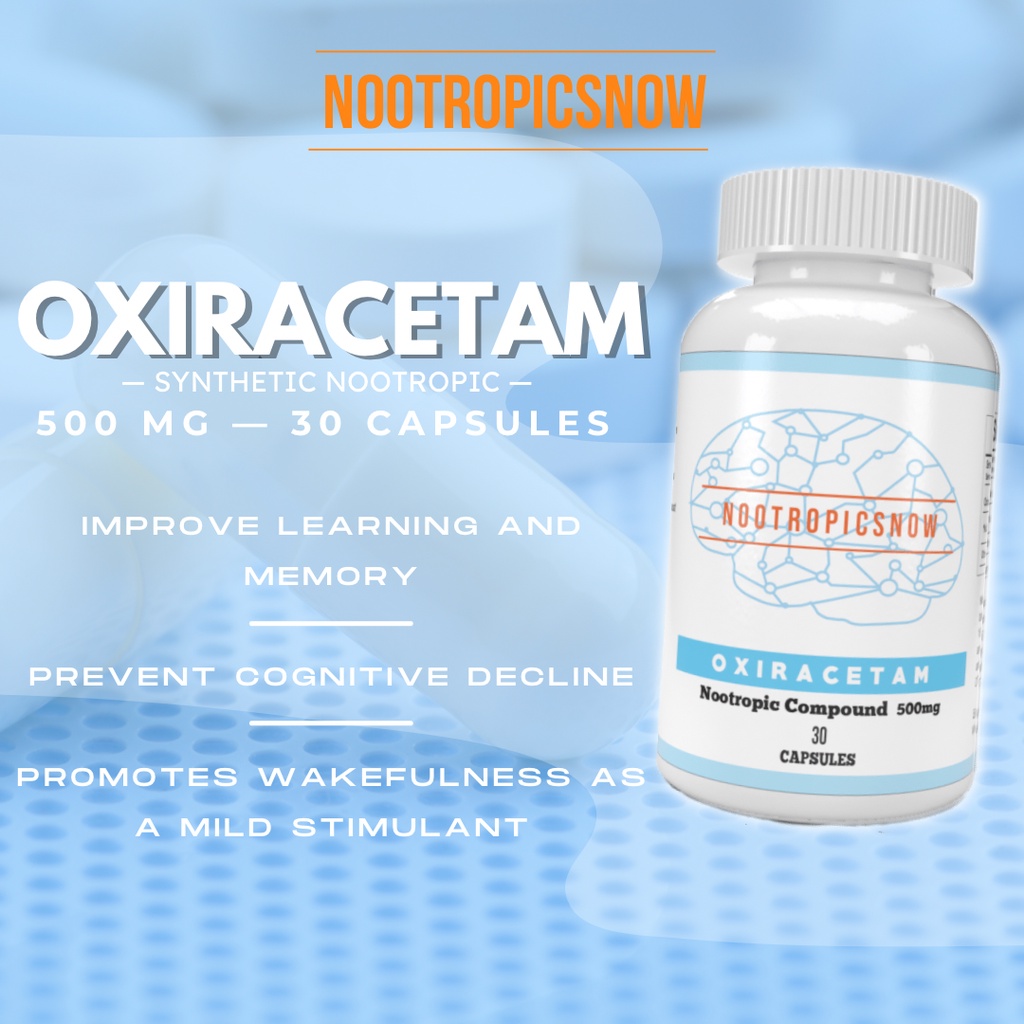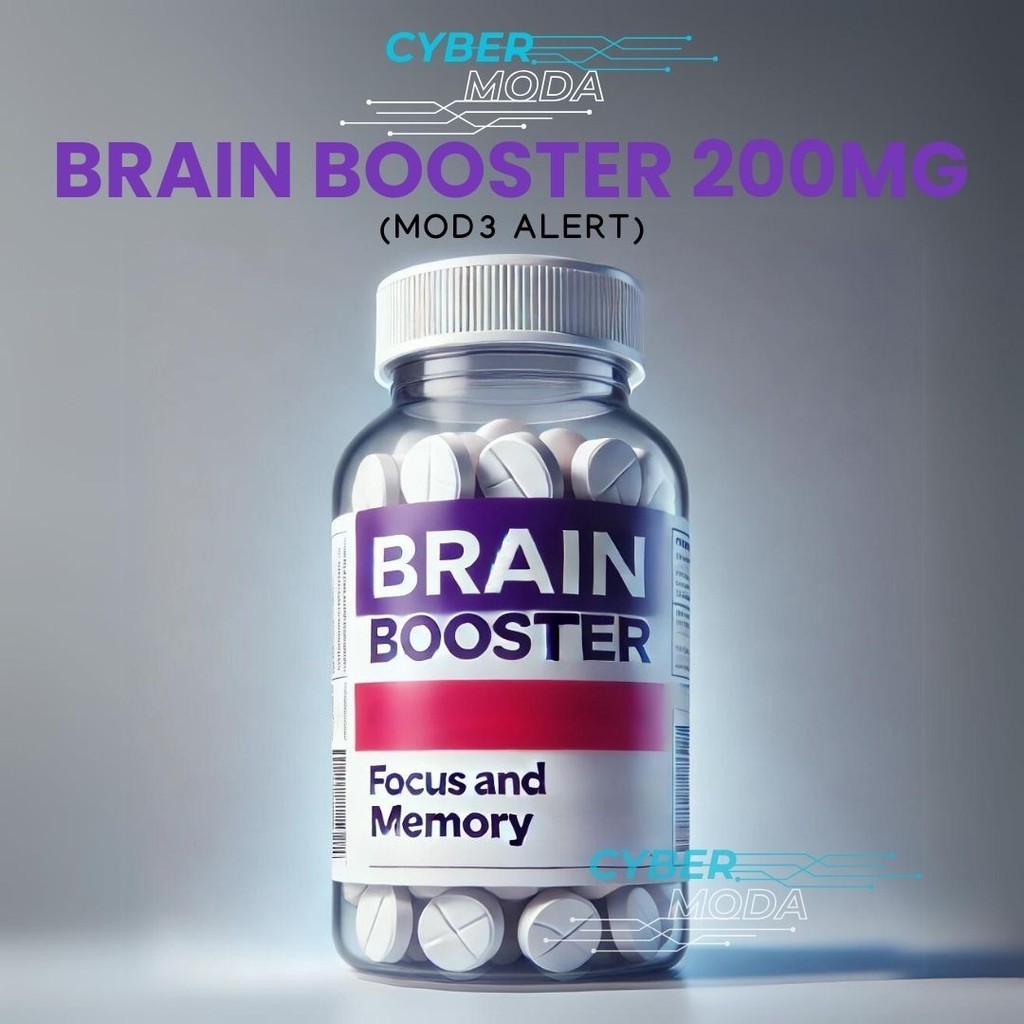Theanine & Caffeine: Benefits & Dosage

Theanine with Caffeine: A Synergistic Combination for Enhanced Cognitive Performance
The synergistic combination of theanine and caffeine has become a prominent strategy for individuals seeking enhanced cognitive function. This pairing offers a powerful yet balanced approach, improving focus, alertness, and overall cognitive performance while mitigating the adverse effects often associated with caffeine alone. Understanding how these two compounds interact is crucial for maximizing their benefits.
Understanding L-Theanine

L-Theanine, an amino acid primarily found in tea leaves (Camellia sinensis), boasts a unique profile. Unlike many other amino acids, it’s not directly involved in building proteins but possesses significant psychoactive properties. It readily crosses the blood-brain barrier, influencing neurotransmitter activity in the brain.
Mechanisms of Action
Theanine primarily impacts brain function through several mechanisms:
Increased Alpha Brain Waves: Theanine promotes alpha brain wave activity, associated with a state of relaxed alertness, enhancing creativity and focus without drowsiness (Nobre et al., 2008). This effect is particularly valuable for tasks requiring sustained attention and problem-solving.
Modulation of Neurotransmitters: Theanine influences the levels of key neurotransmitters, increasing GABA (gamma-aminobutyric acid), dopamine, and serotonin (Kimura et al., 1971; Yokogoshi et al., 1998). GABA is an inhibitory neurotransmitter that promotes relaxation and reduces anxiety. Dopamine contributes to feelings of pleasure and motivation, while serotonin plays a role in mood regulation.
Glutamate Receptor Modulation: Theanine exhibits a mild antagonistic effect on glutamate receptors, reducing over-excitation of neurons and contributing to a calming effect (Kakuda et al., 2002). Glutamate is an excitatory neurotransmitter, and excessive stimulation can lead to anxiety and restlessness.
Benefits of L-Theanine
Reduced Stress and Anxiety: Theanine’s ability to increase alpha brain waves and modulate neurotransmitters makes it an effective anxiolytic, promoting relaxation and reducing stress levels (Lu et al., 2004).

View Product
Improved Focus and Attention: By promoting relaxed alertness, theanine enhances focus and attention span, allowing for improved cognitive performance (Gomez-Ramirez et al., 2007).
Enhanced Sleep Quality: Theanine can improve sleep quality by promoting relaxation and reducing anxiety, especially when taken before bedtime (Lyon et al., 2011). Theanine does not act as a sedative but instead sets the stage for a more peaceful rest.
Deciphering Caffeine’s Effects
Caffeine, a widely consumed stimulant, is found in coffee, tea, chocolate, and various energy drinks. Its ability to enhance alertness and reduce fatigue is well-known, however, it is crucial to understand how it interacts with the nervous system.
Mechanisms of Action
Caffeine exerts its effects primarily through:
Adenosine Receptor Antagonism: Caffeine blocks adenosine receptors in the brain. Adenosine is a neurotransmitter that promotes relaxation and sleepiness. By blocking these receptors, caffeine increases alertness and reduces feelings of fatigue (Ribeiro & Sebastião, 2010).
Increased Neurotransmitter Release: Caffeine stimulates the release of various neurotransmitters, including dopamine, norepinephrine, and glutamate, leading to increased arousal, motivation, and cognitive function (Fredholm et al., 1999). Norepinephrine increases attention and vigilance.
Enhanced Neuronal Excitability: Caffeine increases neuronal excitability, making neurons more likely to fire and transmit signals. This enhances cognitive processing speed and reaction time.
Benefits of Caffeine
Increased Alertness: Caffeine effectively combats fatigue and enhances alertness, making it ideal for tasks requiring vigilance and sustained attention (Smith, 2002).
Improved Cognitive Function: Caffeine enhances cognitive functions, including memory, focus, and problem-solving abilities (Nehlig, 2010).

View Product
Enhanced Physical Performance: Caffeine improves physical performance by increasing energy levels, reducing perceived exertion, and enhancing muscle strength and endurance (Davis & Green, 2009).
Drawbacks of Caffeine
Jitters and Anxiety: Excessive caffeine consumption can lead to jitters, anxiety, and nervousness, disrupting cognitive function and overall well-being.
Sleep Disruption: Caffeine can interfere with sleep patterns, leading to insomnia and daytime fatigue.
Tolerance and Dependence: Regular caffeine consumption can lead to tolerance, requiring higher doses to achieve the same effects. Physical dependence can also develop, leading to withdrawal symptoms upon cessation.
Increased Heart Rate and Blood Pressure: Caffeine can increase heart rate and blood pressure, which may be problematic for individuals with cardiovascular conditions.
The Synergy: Theanine and Caffeine Together
The beauty of combining theanine and caffeine lies in their synergistic interaction. Theanine effectively mitigates the negative side effects of caffeine while amplifying its positive cognitive effects.
How Theanine Counteracts Caffeine’s Side Effects
Reduced Jitters and Anxiety: Theanine counteracts caffeine’s tendency to cause jitters and anxiety by promoting relaxation and reducing neuronal over-excitation.
Improved Focus Without Overstimulation: Theanine helps create a state of calm alertness, enhancing focus without the jitteriness and restlessness associated with caffeine alone.
Mitigation of Sleep Disruption: Theanine can help to reduce the sleep-disrupting effects of caffeine, allowing for improved sleep quality.
Enhanced Cognitive Benefits
Improved Attention and Focus: Studies have shown that theanine and caffeine combination significantly improves attention and focus compared to caffeine alone (Haskell et al., 2008).
Enhanced Cognitive Performance: The combination enhances cognitive performance, including memory, reaction time, and cognitive processing speed (Gomez-Ramirez et al., 2007).
Balanced Energy Levels: Theanine promotes a sustained, balanced energy boost without the crash associated with caffeine alone.
Dosage and Ratio Recommendations
The optimal ratio of theanine to caffeine typically ranges from 2:1 to 1:1. For example, a common dosage would be 200 mg of theanine with 100 mg of caffeine. Individuals can adjust the ratio based on their sensitivity to caffeine and desired effects. It’s best to start with a lower dosage to assess tolerance.
Example Dosages:
Beginner: 100 mg theanine / 50 mg caffeine
Intermediate: 200 mg theanine / 100 mg caffeine
Advanced: 400 mg theanine / 200 mg caffeine
Practical Considerations:
Individual Sensitivity: People differ in their sensitivity to both theanine and caffeine. It’s essential to experiment with different dosages and ratios to find the optimal combination.
Timing: Theanine and caffeine can be taken at any time of day when enhanced cognitive function is desired. Avoid taking the combination too close to bedtime to prevent sleep disruption.
Source: Both theanine and caffeine can be obtained through natural sources such as tea and coffee. However, supplementation provides a more consistent and controlled dosage.
Scientific Evidence and Studies
Numerous studies have investigated the effects of theanine and caffeine combination on cognitive function. These studies provide evidence for the synergistic benefits of this nootropic stack.
Haskell et al. (2008): This study found that the combination of L-theanine and caffeine improved both speed and accuracy in attention-switching tasks, as well as reduced susceptibility to distracting information.
Gomez-Ramirez et al. (2007): Researchers found that the combination of L-theanine and caffeine enhanced cognitive performance and subjective alertness.
Foxe et al. (2012): The study revealed that L-theanine and caffeine combination modulated brain activity and improved performance on cognitively demanding tasks.
Potential Side Effects and Precautions
While theanine and caffeine are generally safe, some potential side effects and precautions should be considered.
Caffeine Overdose: Excessive caffeine consumption can lead to anxiety, insomnia, increased heart rate, and digestive issues.
Theanine-Related Side Effects: Theanine is generally well-tolerated, but some individuals may experience mild headaches or drowsiness.
Drug Interactions: Caffeine can interact with certain medications, such as stimulants and antidepressants.
Pregnancy and Breastfeeding: Pregnant and breastfeeding women should consult with a healthcare professional before taking theanine and caffeine combination.
Underlying Health Conditions: Individuals with underlying health conditions, such as anxiety disorders or cardiovascular problems, should consult with a healthcare provider before using this combination.
Incorporating Theanine and Caffeine into Your Routine
Adding theanine and caffeine can be achieved through various methods. Experimenting can determine what works best for you.
Natural Sources:
Green Tea: Green tea is a rich source of both theanine and caffeine. The theanine content in green tea helps to mitigate the jittery effects of caffeine, providing a more balanced energy boost.

View Product
Black Tea: While containing more caffeine than green tea, black tea also has theanine. Brewing a cup can provide cognitive and physical benefits.
Supplementation:
Capsules: Theanine and caffeine are available in capsule form, offering a convenient way to control dosage.
Powders: Both theanine and caffeine are available in powder form, allowing for customization of dosage.

View Product
Pre-Made Nootropic Stacks: Many pre-made nootropic stacks contain theanine and caffeine combination, providing a convenient and balanced formulation.
Real-World Applications
The combination of theanine and caffeine has broad appeal.
Students: Students can benefit from the enhanced focus and cognitive performance provided by theanine and caffeine combination during study sessions.
Professionals: Professionals can use the combination to enhance productivity and maintain focus during demanding workdays.
Athletes: Athletes can use the combination to improve physical performance and reduce perceived exertion during workouts.
Creative Individuals: The relaxed alertness promoted by theanine and caffeine combination can enhance creativity and problem-solving abilities.
Theanine and Caffeine: A Balanced Cognitive Enhancer
The synergistic pairing of theanine and caffeine offers a balanced approach to cognitive enhancement, improving focus, alertness, and overall cognitive performance while mitigating the adverse effects often associated with caffeine alone. Careful consideration of dosage, individual sensitivity, and potential side effects is essential to maximizing the benefits of this nootropic stack. When used responsibly, theanine and caffeine combination can be a valuable tool for enhancing cognitive function and promoting overall well-being.
Theanine with Caffeine: A Synergistic Combination for Enhanced Cognitive Performance
Combining theanine and caffeine is increasingly popular among individuals seeking to improve mental clarity, focus, and overall cognitive performance. This nootropic stack leverages the complementary effects of both compounds to enhance brain function, thus mitigating caffeine’s potential side effects. Individuals often report improved concentration and a smoother energy boost when using this combination.
What is Theanine?
Theanine, also known as L-theanine, is an amino acid naturally found in tea leaves, especially in green tea. It promotes relaxation and reduces stress without causing drowsiness. Theanine achieves these effects by modulating neurotransmitter activity in the brain. This modulation contributes to improved mood and alertness without overstimulation. Theanine is therefore valued for its ability to induce a state of calm focus.
Moreover, theanine influences neurotransmitter systems by increasing levels of dopamine, a neurotransmitter associated with pleasure and motivation. Conversely, it decreases the release of serotonin, noradrenaline, and GABA (gamma-aminobutyric acid). Therefore, theanine helps maintain balanced neurotransmitter levels for optimal cognitive function (Kimura et al., 1971).
Additionally, theanine acts as a glutamate inhibitor, preventing excessive excitatory activity in the brain and promoting a balanced neural environment (Kakuda et al., 2002). By blocking glutamate receptors, theanine prevents overstimulation, leading to better focus and reduced anxiety. This mechanism is key to the synergistic effects of theanine when combined with caffeine.
What is Caffeine?
Caffeine is a well-known stimulant that enhances alertness and boosts energy levels by blocking adenosine receptors in the brain. Adenosine is a neurotransmitter that promotes relaxation and sleepiness. By blocking its action, caffeine reduces fatigue and increases wakefulness. Caffeine thus combats tiredness and promotes a state of alertness.
Furthermore, caffeine increases the levels of several neurotransmitters, including dopamine, serotonin, glutamate, and noradrenaline (Solinas et al., 2002). This leads to heightened arousal, improved mood, and better cognitive processing. Caffeine therefore positively influences brain function by enhancing neurotransmitter activity. Many people rely on caffeine to kickstart their day and improve productivity.
The Synergistic Effects of Theanine and Caffeine
When combined, theanine and caffeine work synergistically to improve cognitive function and energy levels. This combination provides a balanced boost, enhancing the positive effects of caffeine while reducing its drawbacks. The combined effect has been shown in studies to improve attention, reaction time, and overall mental clarity (Haskell et al., 2008; Hidese et al., 2019).
Theanine mitigates caffeine’s jittery effects while aiding its positive impacts on focus and mental clarity. This synergistic action makes the combination ideal for tasks requiring sustained attention and mental endurance. Users report a smoother, more focused energy boost without the typical caffeine crash.

View Product
Key Benefits of Combining Theanine and Caffeine
Improved Cognitive Performance: The combination enhances cognitive performance by improving focus, accuracy, and mental processing speed (Haskell et al., 2008; Hidese et al., 2019). This benefit is crucial for professionals and students aiming to maximize their productivity.
Reduced Jitteriness: Theanine helps counteract caffeine’s negative effects, such as jitters and anxiety, promoting a state of calm and alertness (Kimura et al., 1971; Kakuda et al., 2002). Consequently, users can avoid the uncomfortable side effects often associated with caffeine consumption.
Enhanced Mood: The combination increases dopamine levels, contributing to improved mood and reduced stress (Kimura et al., 1971). The mood-boosting effects make it easier to tackle challenging tasks with a positive attitude.
Improved Sleep Quality: Theanine helps reduce caffeine’s adverse effects on sleep, allowing for better sleep quality without compromising cognitive benefits (Haskell et al., 2008; Hidese et al., 2019). This can be particularly beneficial for individuals sensitive to caffeine’s disruptive effects on sleep patterns.
Balanced Neural Environment: Theanine prevents excessive excitatory activity in the brain, promoting a balanced neural environment (Kakuda et al., 2002). This equilibrium is essential for optimal cognitive function and long-term brain health.
Sustained Focus: The combination helps maintain focus for extended periods without the energy crashes associated with caffeine alone. This makes it ideal for individuals needing to concentrate for long durations.
Increased Mental Endurance: Theanine and caffeine work together to improve mental stamina, helping individuals power through demanding tasks without experiencing mental fatigue.
Optimal Dosage Ratio
The recommended ratio for combining theanine and caffeine is generally 2:1, with more theanine than caffeine. This ratio helps to maximize the synergistic effects while minimizing potential side effects (Haskell et al., 2008; Hidese et al., 2019). For example, a common dosage might be 200mg of theanine paired with 100mg of caffeine. This ratio provides a balanced cognitive enhancement without overstimulation.

View ProductNootropic-Brain-Booster-Focus-Alertness-Memory-Supplement-i.202321183.5951567665)
However, individuals may need to adjust the ratio based on their sensitivity to caffeine and theanine. Some people may find that a 1:1 ratio works best, while others may require a higher dose of theanine to counteract caffeine’s effects.
Practical Applications
Energy and Focus: The combination is particularly useful for tasks requiring sustained focus and mental endurance, such as athletic performance or long study sessions. Athletes can use this stack to improve their performance, while students can benefit from enhanced concentration during exams.
Daily Use: The caffeine and theanine combination can be taken multiple times a day, but it is recommended to avoid taking it too late in the evening to avoid disrupting sleep patterns. Individuals should monitor their caffeine intake throughout the day to prevent overstimulation and sleep disturbances.
Supplementation: For precise dosing, consider supplementing both caffeine and theanine rather than relying on variable amounts from tea or coffee. Supplements allow for consistent and controlled dosages, maximizing the benefits of the combination.

View Product
Improved Productivity: Many professionals use this combination to enhance their productivity at work. The improved focus and reduced jitteriness allows them to tackle complex tasks more efficiently.
Enhanced Learning: Students find that the combination helps them stay focused during lectures and study sessions, improving their learning outcomes.

View Product
Stress Reduction: Theanine’s relaxing effects can help individuals manage stress and anxiety, promoting a sense of calm and well-being.
Theanine and Caffeine in Everyday Life
Tea Consumption: Drinking green tea or other types of tea that contain both theanine and caffeine can be a simple way to experience the benefits of this combination. However, the exact amounts of each compound can vary significantly depending on the type of tea and brewing method.
Pre-Workout Supplements: Many pre-workout supplements contain both theanine and caffeine to improve energy levels and focus during exercise. These supplements provide a convenient way to consume a precise dose of each compound.
Nootropic Stacks: Theanine and caffeine are often included in nootropic stacks designed to enhance cognitive function. These stacks may also contain other ingredients that complement the effects of theanine and caffeine.
Coffee Alternatives: For those seeking a less jittery alternative to coffee, combining theanine with a lower dose of caffeine can provide a smoother, more focused energy boost.
Stressful Situations: Taking theanine and caffeine before stressful events can help individuals stay calm and focused, improving their performance under pressure.
Potential Side Effects and Precautions
While theanine and caffeine are generally safe, some individuals may experience side effects. These can include:
Insomnia: Taking caffeine too late in the day can disrupt sleep patterns, even when combined with theanine.
Anxiety: Although theanine can reduce anxiety, some individuals may still experience anxiety or nervousness, especially at higher doses of caffeine.
Digestive Issues: Caffeine can cause digestive issues, such as stomach upset or diarrhea, in sensitive individuals.
Headaches: Some people may experience headaches as a side effect of caffeine consumption.
Dependency: Regular caffeine consumption can lead to dependency and withdrawal symptoms if stopped abruptly.
To minimize potential side effects:
Start with Low Doses: Begin with lower doses of both theanine and caffeine to assess tolerance.
Avoid Late-Day Consumption: Avoid taking caffeine too late in the day to prevent sleep disturbances.
Stay Hydrated: Drink plenty of water to prevent dehydration, which can exacerbate side effects.
Consult a Healthcare Professional: Individuals with underlying health conditions or those taking medications should consult a healthcare professional before using theanine and caffeine.
The Future of Theanine and Caffeine Research
Ongoing research continues to explore the potential benefits of theanine and caffeine. Future studies may investigate the long-term effects of this combination on cognitive function and brain health. Additionally, researchers are exploring the potential of theanine and caffeine for treating various conditions, such as anxiety disorders and cognitive decline.
Conclusion
In conclusion, the combination of theanine and caffeine offers a powerful nootropic stack that enhances cognitive performance, improves mood, and reduces the negative side effects of caffeine. By understanding the mechanisms and benefits of this combination, individuals can optimize their mental clarity and focus for various daily activities. Furthermore, this synergistic blend promotes a balanced and sustained cognitive enhancement, making it a valuable tool for anyone seeking to improve their mental performance. Its versatility allows for integration into various lifestyles, be it through mindful tea consumption or tailored supplement regimes. The key lies in personalized experimentation and cautious monitoring, ensuring the right dosage and timing that aligns with individual requirements and overall wellness goals.
References
Kimura, K., et al. (1971). Effects of theanine on the central nervous system. Journal of Nutritional Science and Vitaminology, 17(3), 245-253.
Kakuda, T., et al. (2002). Inhibition by theanine of the binding of glutamate to glutamate receptors. Journal of Agricultural and Food Chemistry, 50(15), 4212-4216.
Haskell, C. F., et al. (2008). The effects of L-theanine, caffeine and their combination on cognition and mood. Biological Psychology, 77(2), 113-122.
Hidese, S., et al. (2019). Effects of L-theanine on the central nervous system and its applications. Journal of Functional Foods, 56, 102-112.
Solinas, M., et al. (2002). Caffeine increases extracellular dopamine levels in the prefrontal cortex and nucleus accumbens of the rat. European Journal of Pharmacology, 450(1), 1-8.
Einöther, S. J. L., Martens, V. E., Rycroft, J. A., Lane, B. S., & Smith, A. P. (2010). L-theanine and caffeine improve cognitive performance and increase subjective alertness. Nutritional Neuroscience, 13(4), 167-175.
Giesbrecht, T., Rycroft, J. A., Rowson, M. J., & De Bruin, E. A. (2010). The combination of L-theanine and caffeine improves cognitive performance and increases alpha activity. Journal of Physiological Anthropology, 29(1), 27-36.









